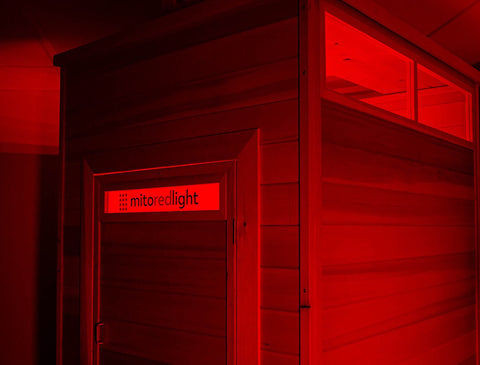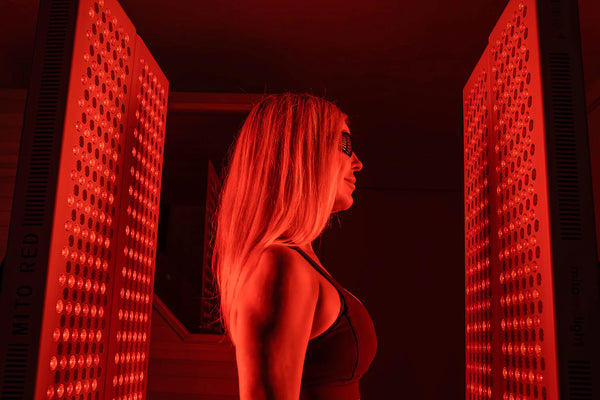Abstract
Sleep deprivation (SD) causes oxidative stress in the hippocampus and subsequent memory impairment. In this study, the effect of near-infrared (NIR) photobiomodulation (PBM) on learning and memory impairment induced by acute SD was investigated. The mice were subjected to an acute SD protocol for 72 h. Simultaneously, NIR PBM using a laser at 810 nm was delivered (once a day for 3 days) transcranially to the head to affect the entire brain of mice. The Barnes maze and the What-Where-Which task were used to assess spatial and episodic-like memories. The hippocampal levels of antioxidant enzymes and oxidative stress biomarkers were evaluated. The results showed that NIR PBM prevented cognitive impairment induced by SD. Moreover, NIR PBM therapy enhanced the antioxidant status and increased mitochondrial activity in the hippocampus of SD mice. Our findings revealed that hippocampus-related mitochondrial damage and extensive oxidative stress contribute to the occurrence of memory impairment. In contrast, NIR PBM reduced hippocampal oxidative damage, supporting the ability of 810 nm laser light to improve the antioxidant defense system and maintain mitochondrial survival. This confirms that non-invasive transcranial NIR PBM therapy ameliorates hippocampal dysfunction, which is reflected in enhanced memory function.
Keywords: Antioxidant defense; Hippocampus; Memory; Mitochondria; Photobiomodulation; ROS.
Copyright © 2018 Elsevier B.V. All rights reserved.




















